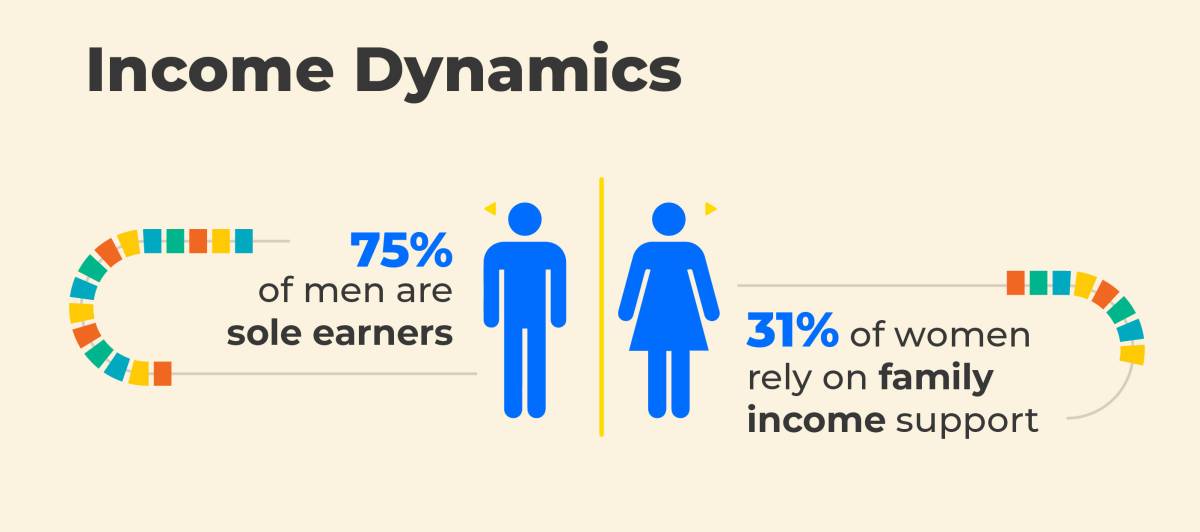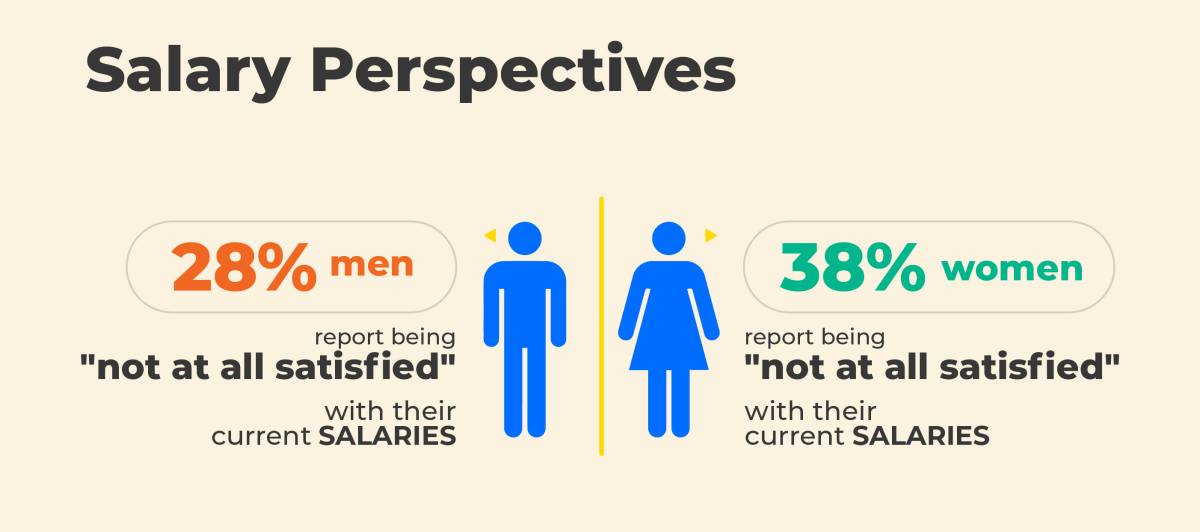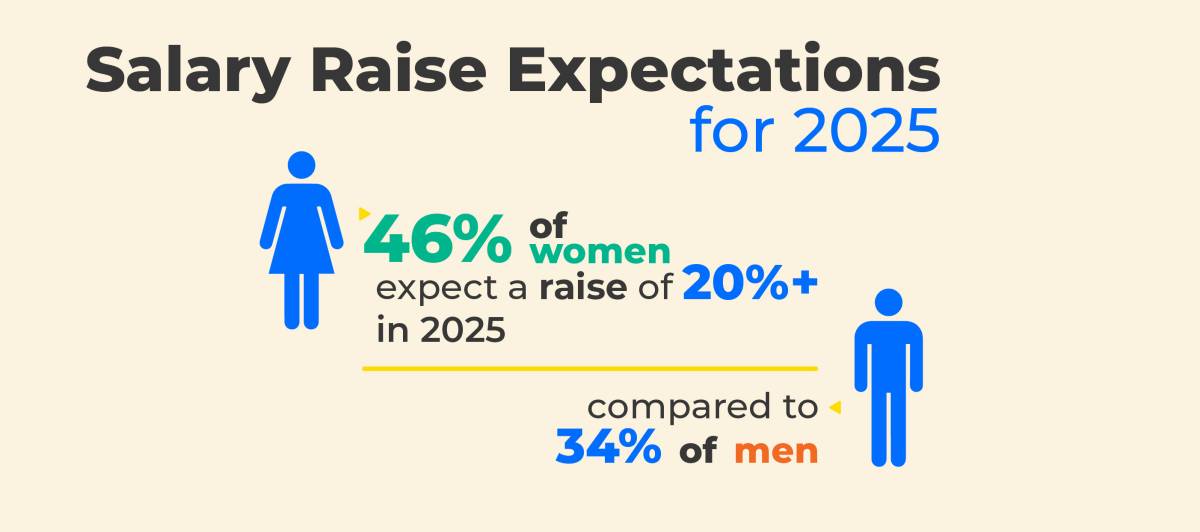UAE: 20 percent salary boost expected in MENA
Sixty-five percent of men switch jobs for better pay, women seek work-life balance

DUBAI: The annual Salary Survey, a collaborative research initiative by Bayt.com and Markelytics Solutions, has unveiled significant insights into the shifting priorities of the MENA workforce.
The study, which surveyed over 1,200 professionals across the GCC, North Africa, and the Levant, highlights emerging trends in employee satisfaction, benefits, and job mobility.
One of the most revealing findings is the stark difference in job-switching tendencies between men and women in the region.
Job mobility
Job mobility remains a dominant theme in the MENA workforce, with 87% of respondents having switched jobs at least once in the past year. The study indicates a notable difference in job-switching tendencies between men and women in the region. A larger proportion of men (65%) are likely to change jobs compared to women (50%), driven primarily by the desire for higher compensation and better career opportunities.

In particular, younger employees aged 18–25 exhibit the highest job mobility, with many having held three or more positions early in their careers. In contrast, older professionals aged 36 and above demonstrate greater job stability, with many having worked in five or more roles throughout their careers. Furthermore, 81% of respondents have spent no more than two years with their current employer, underscoring a broader trend of frequent job transitions across the region.
While North Africa and the Levant exhibit longer tenure rates due to union protections, employees in the GCC, where expatriate workers dominate the labour market, show shorter tenure rates. Nearly half of respondents in the GCC have been with their current employer for just one to two years. This high turnover rate reflects a broader regional pattern, with over 59% of respondents considering leaving their current roles in the near future. Younger professionals cite poor compensation, burnout, and limited career recognition as primary motivators for seeking new opportunities.
Gender-based benefits
The study also reveals a distinct difference in the types of benefits enjoyed by men and women in the MENA workforce. While both genders report receiving monetary benefits such as bonuses or overtime pay, men are more likely to access these financial perks, with 77% of men indicating they receive such benefits. On the other hand, women report enjoying better work-life balance benefits, with more access to policies that support family and personal needs.

While 25% of employees across the region benefit from flexible working hours, family-oriented benefits such as educational allowances and travel support remain limited, highlighting a gap in employer offerings. Additionally, healthcare coverage is more common in GCC countries, where nearly half of employees receive medical insurance, compared to the Levant, where coverage is less widespread.
Employee retention
Satisfaction with salary and overall work conditions varies across age groups, with employees aged 36 and above expressing higher levels of satisfaction compared to younger counterparts. However, dissatisfaction with compensation remains prevalent, with 28% of men and 38% of women reporting that they are “not at all satisfied” with their salaries. Regional differences also emerge when examining satisfaction levels: North Africa leads in management and organisational culture, while respondents in the GCC and Levant highlight stagnant wages and insufficient benefits as their primary concerns.
Salary expectations soar
Salary expectations for 2025 indicate that employees are anticipating significant increases. A majority of the workforce (66%) did not receive raises in 2024, but 46% of women and 34% of men expect a raise of 20% or more in 2025. In fact, one in five respondents intends to request a salary increase next year, highlighting growing wage expectations across the region. North Africa leads in salary increments, while employees in the Levant show minimal optimism due to ongoing economic challenges.

Additionally, benefits such as employer-provided housing and allowances are commonly offered to workers in the GCC, especially to expatriates, as part of the compensation package. Interestingly, nearly 75% of men in the study claim to be the sole earners in their households, compared to only 31% of women.
Evolving priorities
Jasal Shah, CEO of Markelytics Solutions, remarked that the study's findings underscore the evolving priorities of a diverse workforce. He noted that employees are seeking more than just competitive salaries – they are looking for workplaces that offer opportunities for personal growth, stability, and supportive work cultures. Shah believes that organisations that can adapt to these expectations will achieve long-term business success. Similarly, Dina Tawfik, Vice President of Growth at Bayt.com, emphasised that the survey provides critical insights for employers looking to improve their strategies and attract and retain top talent.